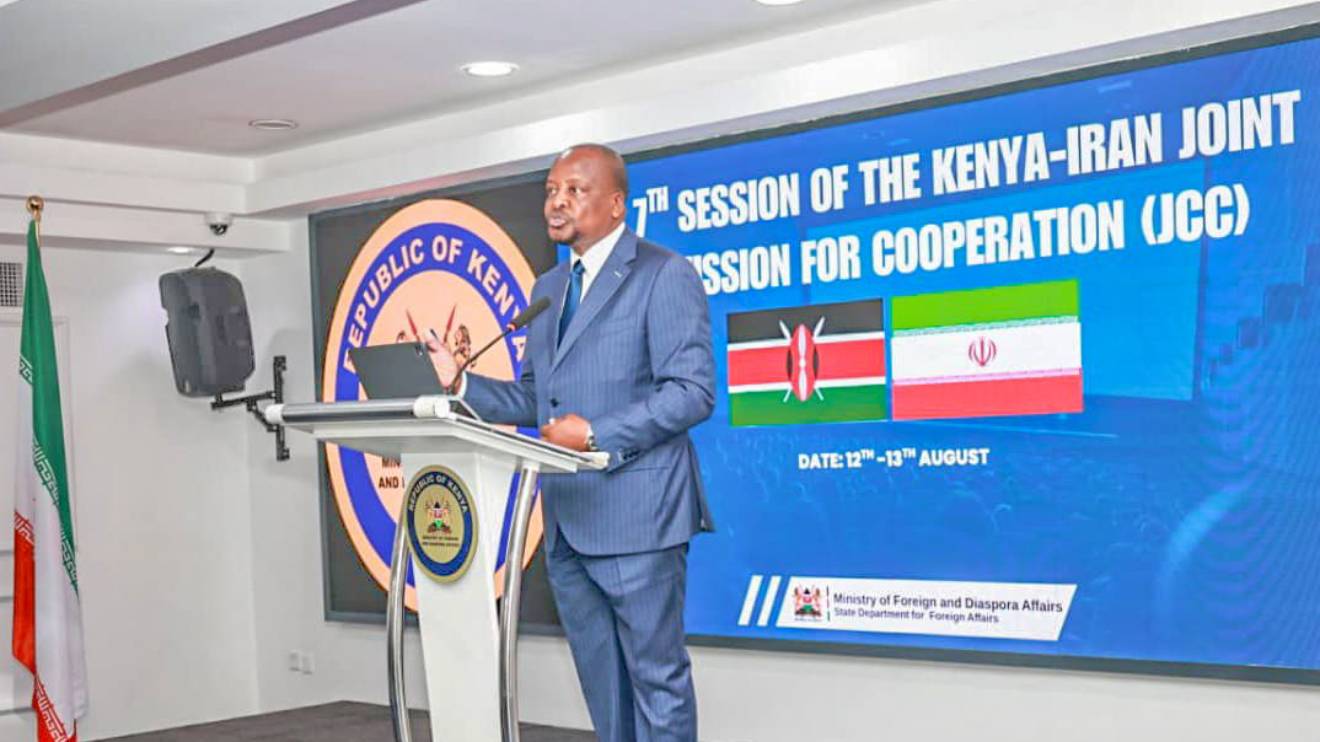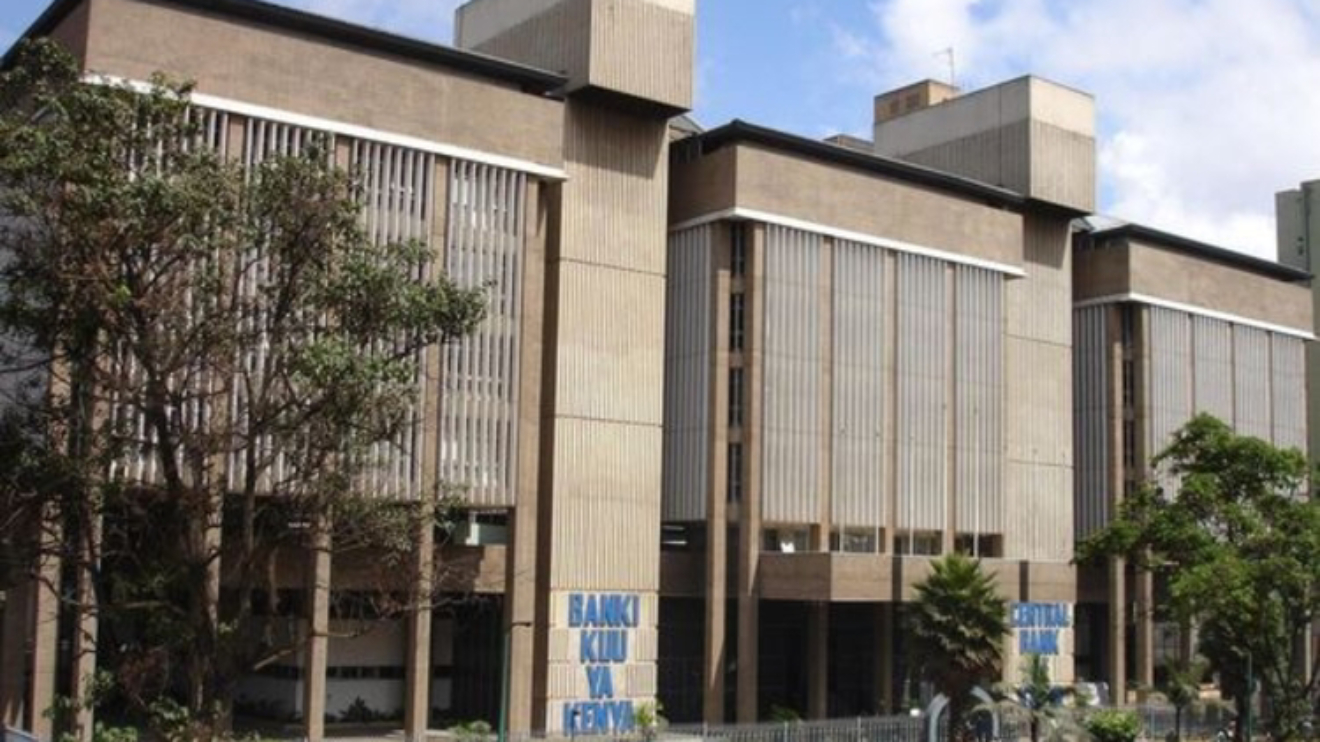President William Ruto is expected to commission officially the release of water from the newly constructed Thiba Dam to rice farms in Kirinyaga county on Saturday.
Deputy President Rigathi Gachagua, Governor Anne Waiguru and a host of other leaders will accompany the president to the event.
The release of the water from the reservoir to Thiba river is meant to ensure a continuous flow of the commodity to the Mwea rice irrigation scheme in all seasons.
Since early September, the National Irrigation Authority (NIA) has been undertaking test runs on the release of the water from the dam after it got filled up.
The impounding exercise of the dam began late in May until late August this year, when the dam got filled with the targeted capacity of 15.6 million cubic meters.
Read More
The reservoir which was built at a cost of about Sh7.8 billion is 40-meter-high and 1.1 km in length and is expected to give the 30,060-acre Mwea irrigation scheme a lifeline and an additional 10,000 acres being flooded for rice farming.
According to Innocent Arriemba, NIA Mwea Irrigation Scheme Manager, the increased supply of water will also enable farmers to adopt double cropping practice which means with the 40,060 acres under irrigation per season.
This will translate to a total of 80,120 acres under rice annually.
He said the current annual rice production at the Mwea irrigation scheme stands at 114,000 metric tonnes per year.
“The current production will rise to about 180,000 metric tonnes of rice annually,” Ariemba said.
Waiguru said the completion and consequent release of water will more than double the current rice production capacity.
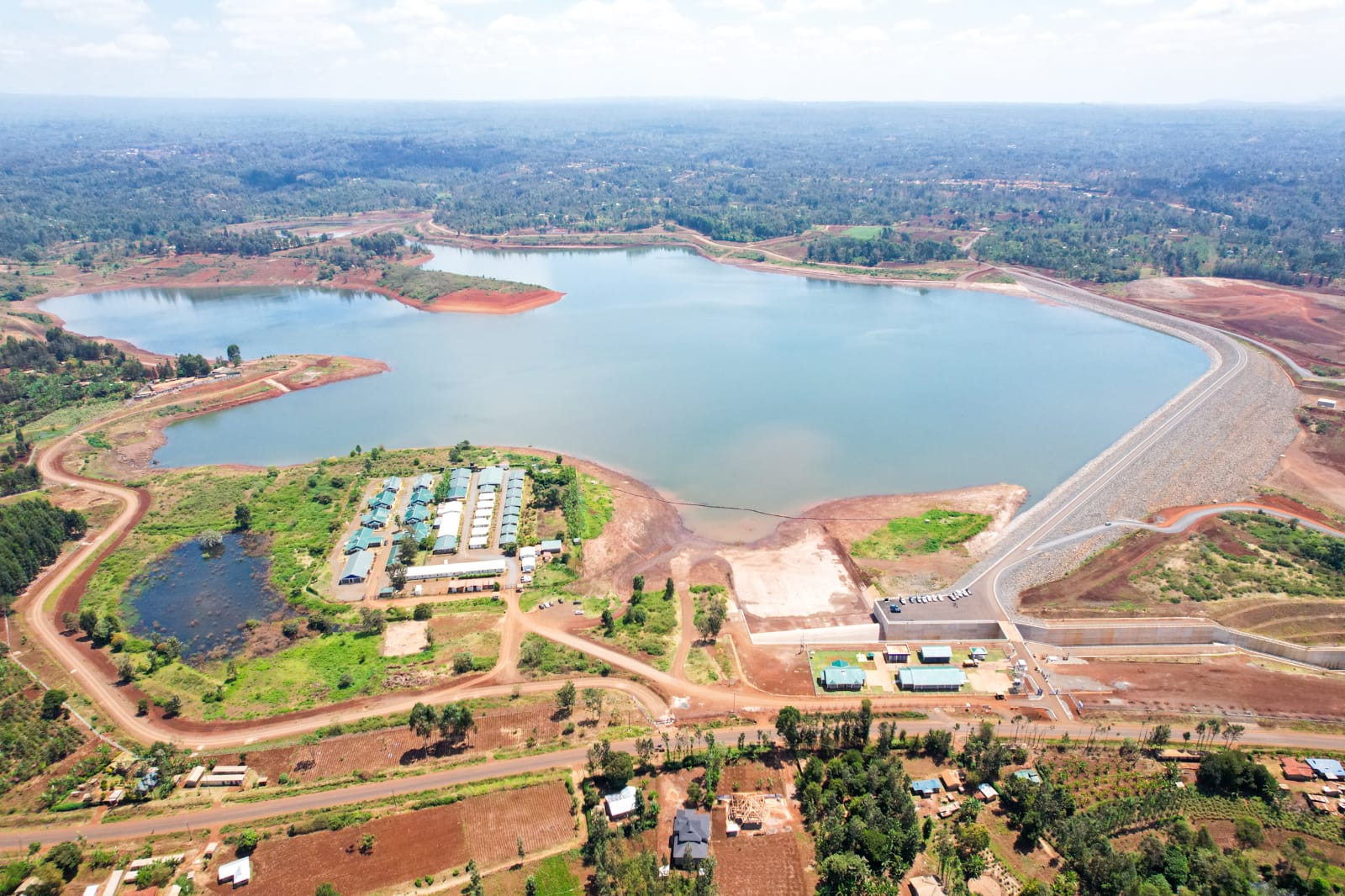
“The increased supply of water is the news that every rice farmer in Mwea has been waiting, we want to express our gratitude to the President for the effort to ensure water from the dam is finally flowing to the farms,” Waiguru said.
She further said the current Sh9 billion annual earnings from the rice economy are expected to rise from between Sh14 billion to Sh16 billion annually.
“Our farmers will now have adequate supply of water to their farms and this will result in increased production and employment,” she added.
Waiguru also said the dam will not only benefit rice farmers but also some 900 locals neighbouring the reservoir.
The water is supporting the Rukenya and Kibithe irrigation schemes to undertake horticulture irrigation.
During her re-election campaigns, Waiguru urged the Government to control the importation of cheap rice to shield local growers from unfair competition.
She said despite the region producing most of the rice in the country, rice farmers have remained impoverished due to a lack of a market.
She said cheap imported rice has flooded the market, forcing farmers to dispose of theirs at a loss.

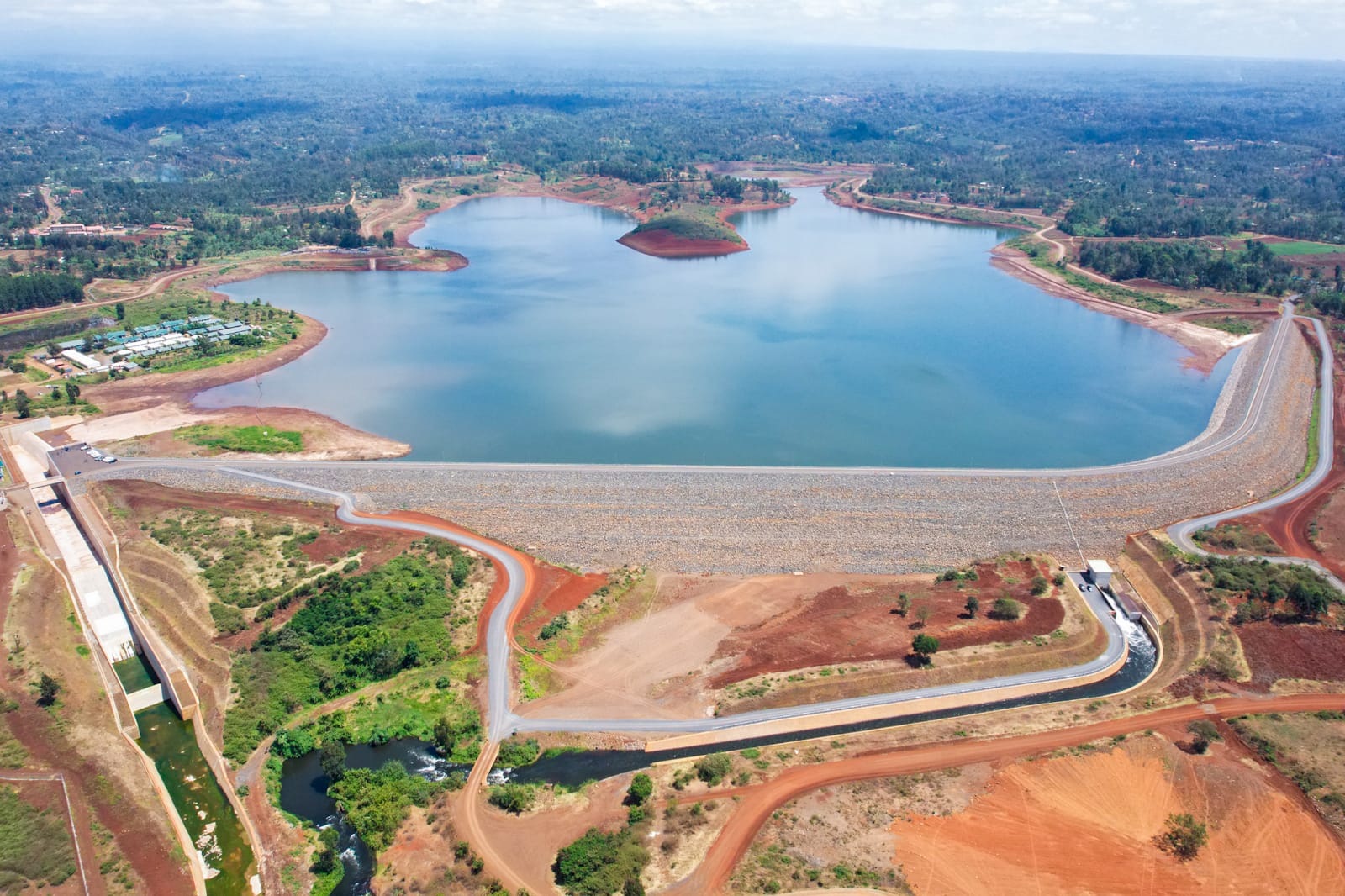
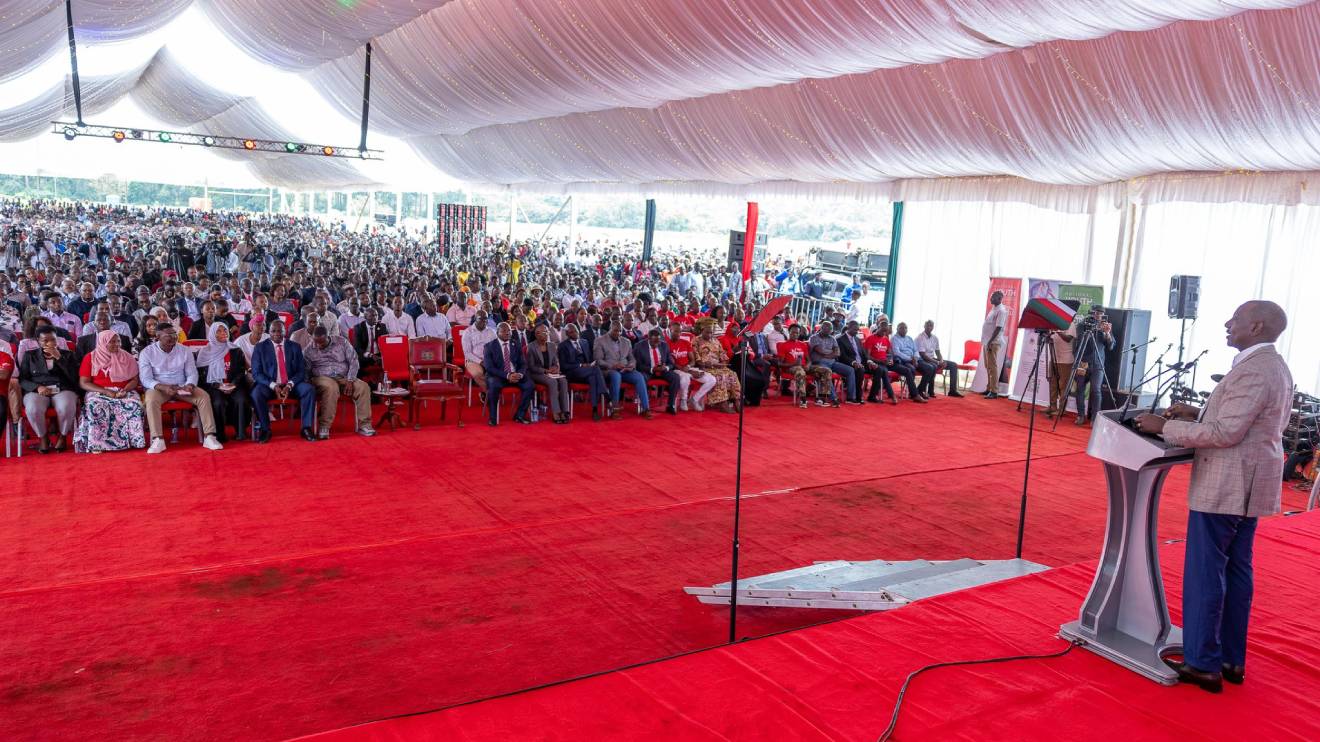
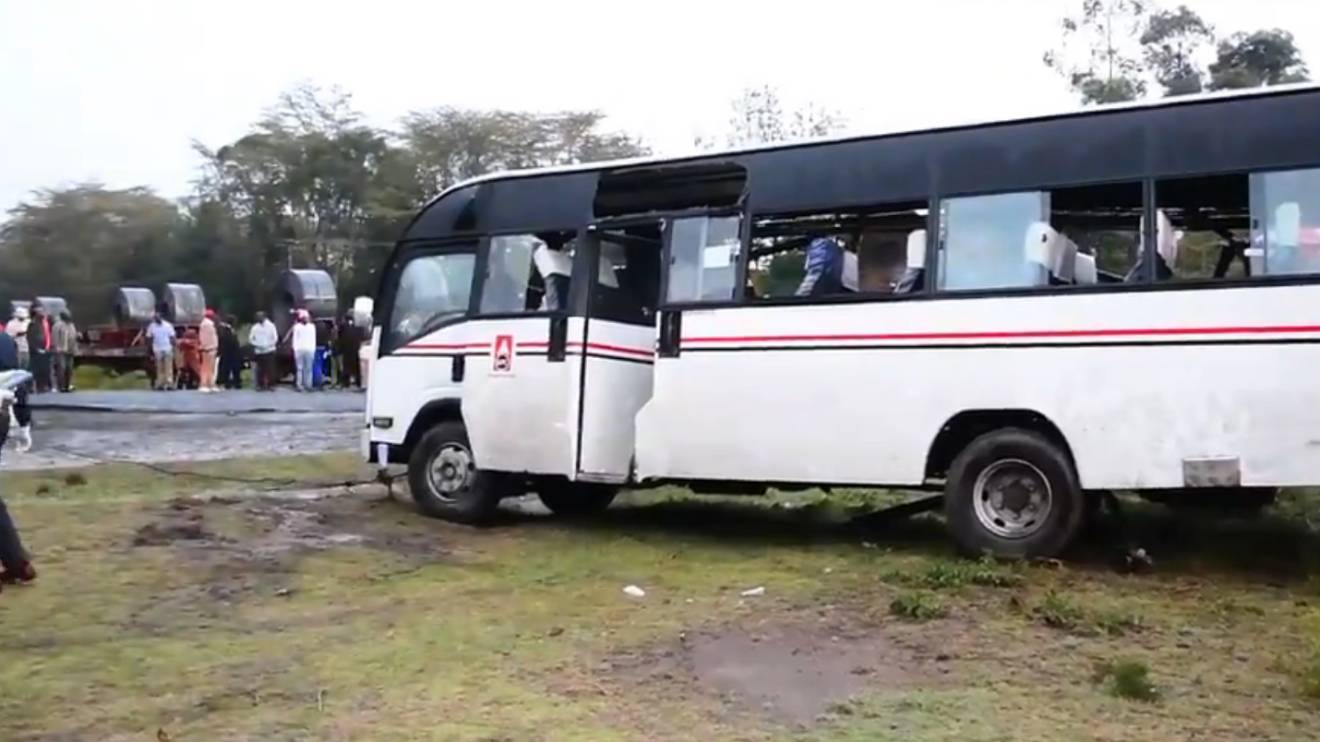


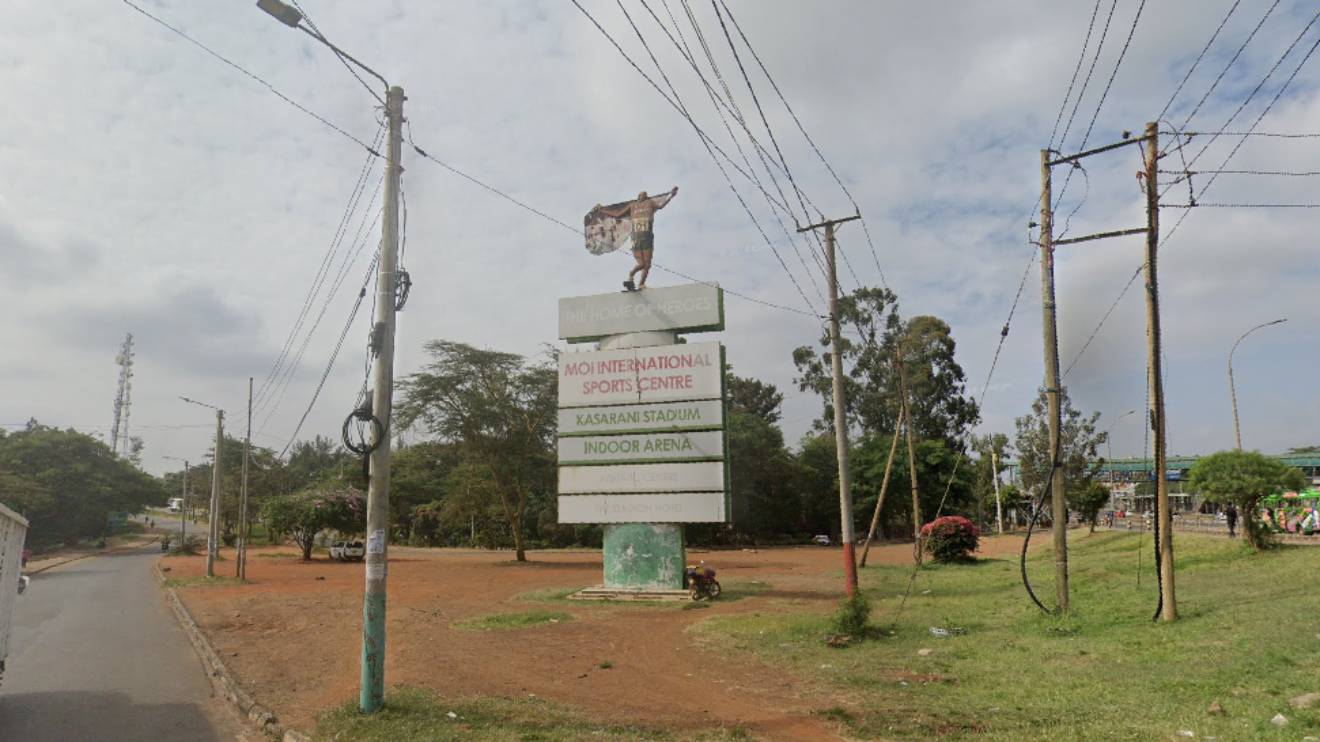
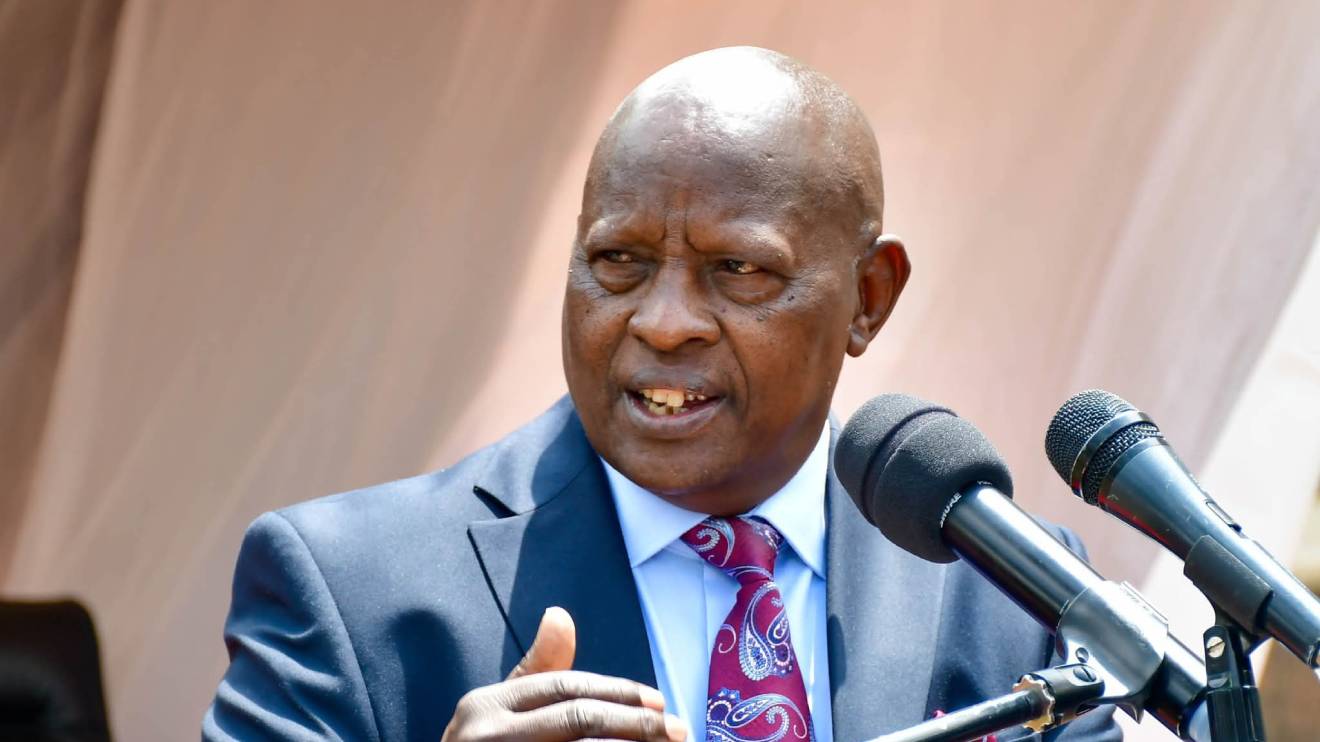
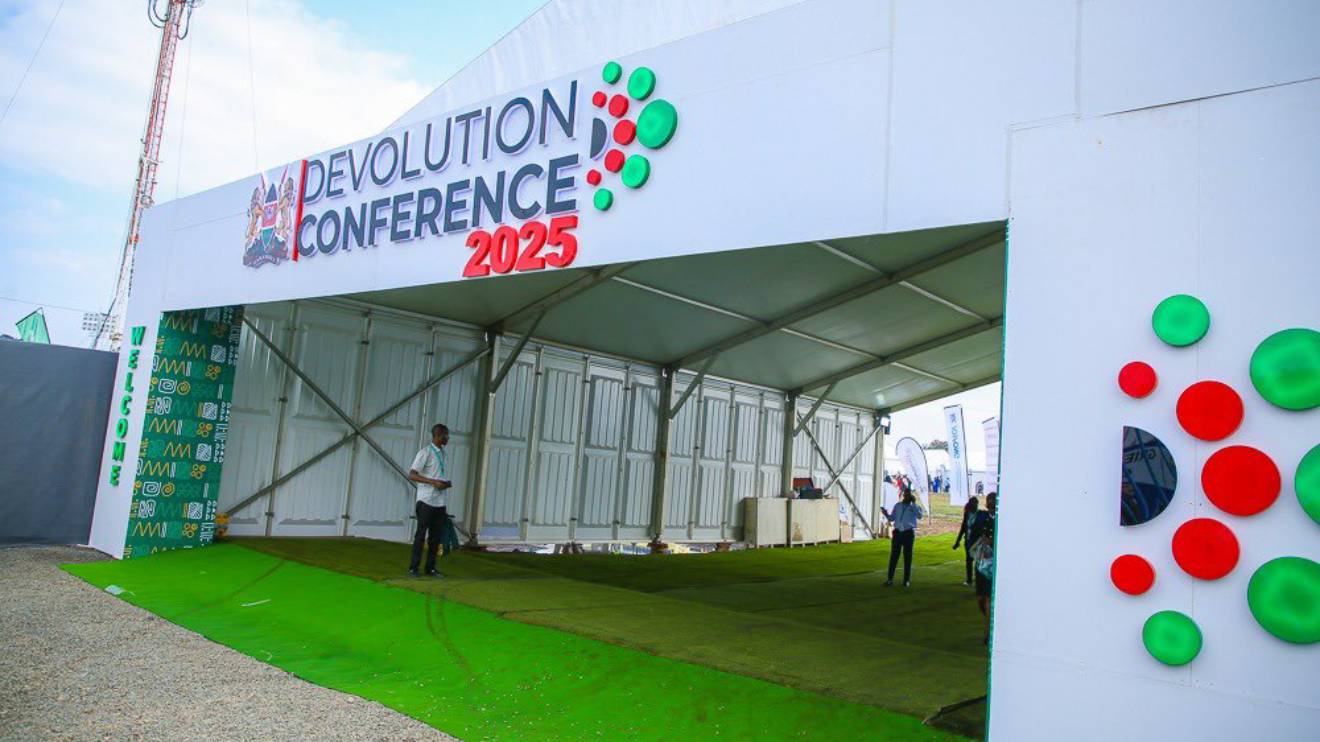
-1755081359.jpeg)
